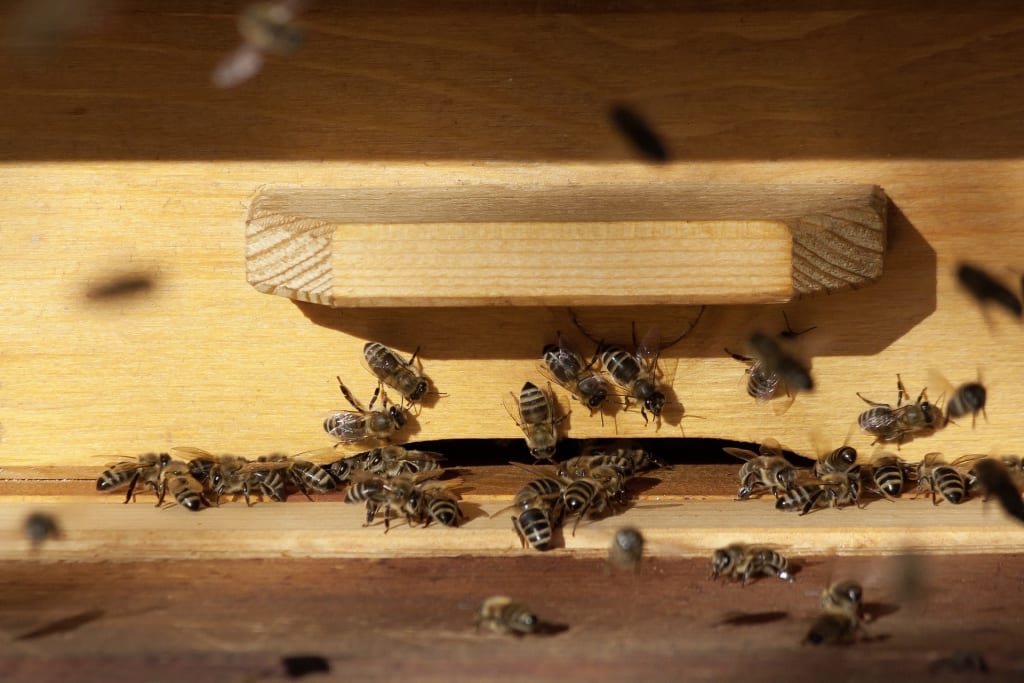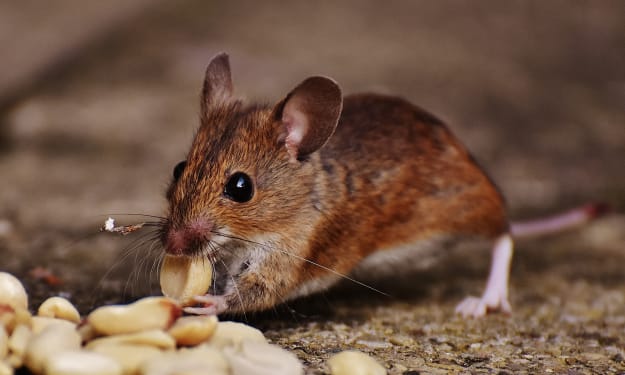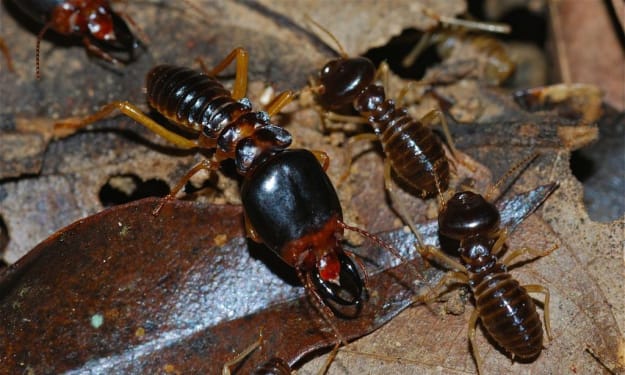Wood Destroying Insects: Carpenter Ants, Bees, & Termites
Out of many threats to your home, the biggest one is the wood-destroying insects. The pests consume wood silently without being visible to anyone. These creatures cause a whole lot of damage.

Out of many threats to your home, the biggest one is the wood-destroying insects. The pests consume wood silently without being visible to anyone. These creatures cause a whole lot of damage. It is not easy to spot these insects by homeowners. If you suspect that your wood is being destroyed, it could be these pests. The best way to tackle such problems is to seek professional help.
Consult some of the best home inspectors from Albany NY before the issue gets worse. There are different kinds of species. Some are harmless while others can damage your home drastically. Read on to understand the different types of insects that destroy wood and some quick remedies to get rid of them.
Carpenter Ants
Some ants choose wood for nesting while others do it underground. When you notice an ant without wings coming out of its nest, it is a female worker of that specific species regardless of the colour and size. Winged ants, on the other hand, are either female or male reproductives of the species. Carpenter, odorous and pavement ants are the common species. Carpenter ants don’t consume wood but they carve out the areas to live in it. They mostly spit out the wood from the nest. The ants choose the wood that has some kind of water damage.
Measures to Control Carpenter Ants
Various treatments are available which includes residual spraying and bating. The effective way to control is to locate the nest and treat it using the best insecticide. Most ants are situated on the exterior walls and as a result, the treatment is done towards the outer areas where the nest is located.
Bees
Carpenter bees, paper wasps, bumblebees and yellow jackets are common species. Yellowjackets are quite common and the nest is located internally. Carpenter bees and bumblebees are almost of the same size, but they use wood to drill holes on it and lay eggs. If they are not treated in time, they can cause severe damage. Wasp and bees sting and don’t bite when they are under threat. If you are allergic to the venom, you may have an anaphylactic shock.
Measures to Control Bees
The best method to control includes a residual insecticide treatment. Some people also get the nest removed which is optional. Bees are dangerous and can cause a higher risk to people with allergies and kids.
Termites
Termites are known for creating colonies in the soil and they reside underground. They feed on things that contain cellulose like houses, sheetrock, fences, houses or trees. Termites are always in contact with soil and consequently, the damage is prominent in the lower levels. In springtime, the colony forms reproductive termites and the colony is left in a swarm for mating. The swarmers are black with wings and look similar to flying acts. Termite workers have no wings and they are pale coloured.
Measures to Control Termites
The treatment for termites may include baiting or liquid chemical. The liquid chemical is a treatment that involves the application of liquid chemical towards the perimeter of your home. The idea of this treatment remains the same as before with not much change except the use of different kinds of chemicals. Baiting treatment is to attract the termites towards the plastic stations that are installed near your home. Termites are eliminated as there is a particular material added in their feeds. Thus, these are some of the wood damaging insects that can become a nuisance and cause huge damage to your home. When you notice the symptoms of their existence, take immediate action.





Comments
There are no comments for this story
Be the first to respond and start the conversation.